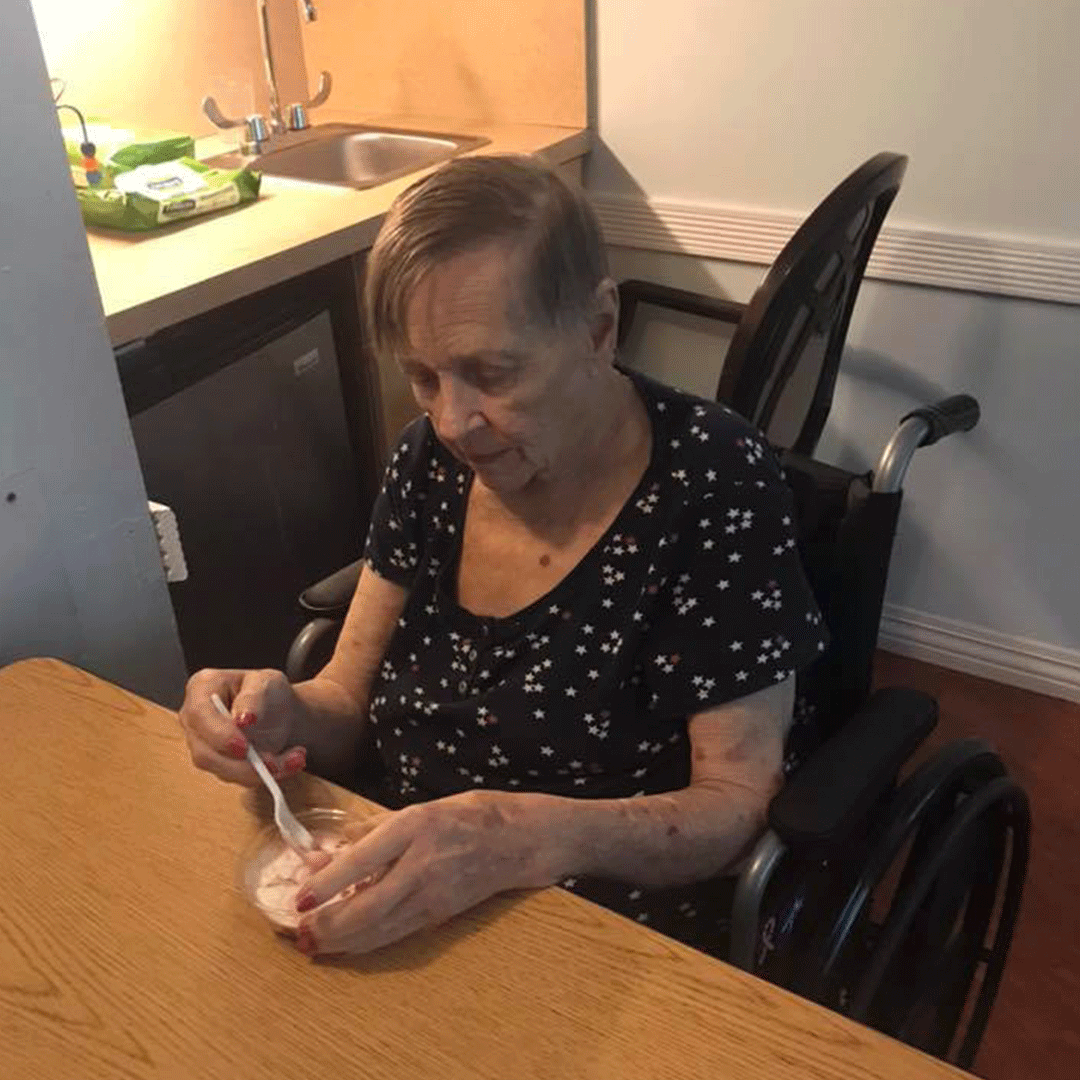No one knows your loved ones like you do. Spotting behavior which is unusual is typically up to you, as what is normal for some people might be completely out of character for your Mom. While everyone has their little quirks, taking note of changing behaviors is the best way to identify that your aging parent may be struggling. Whether challenged with their mobility or their memory, here are some common signs to look out for.

This is a list of common signs that may indicate that your aging parent needs assistance.
- Financial Difficulty: If your parents are bouncing checks, receiving calls from collection agencies, or amassing late payment notices, it is typically a clear sign of trouble. This is especially true if your parent has always been fiscally responsible, and they have the money to pay the bills but are simply not keeping up.
- Broken Appliances or Household Items: If your Mom has stopped cooking for herself because the stove is broken, or food is going bad because the refrigerator has broken, she needs assistance. Other signs are burnt out light bulbs, dysfunctional smoke alarms or frayed wires.
- Changes in Personality or Mood: If your aging parent suddenly acts differently towards you, or is subject to uncharacteristic mood swings, they may be experiencing the beginning signs of dementia. If a normally happy person is angry or sad all the time, towards you, their friends, or even strangers, you may want to look into it.
- Dirty or Disorganized House: Let’s face it, some people aren’t the best housekeepers. But your normally meticulous parent is neglecting basic housework, leaving garbage around the home, or has begun hoarding, there may be an issue.
- Confusion about Familiar Tasks: When your aging parent exhibits confusion about how to complete a task they have performed for decades, you may wish to seek medical counsel. This may include getting confused about how to do laundry, or forgetting how to wash dishes.
- Neglecting their Appearance and Hygiene: If your dapper Dad suddenly looks disheveled and unkempt, it could be a cry for help. Seniors who are struggling often wear clothing that is inappropriate, tattered, or ill-fitting. They may also neglect personal hygiene, not taking showers or brushing their teeth.
- Letting Food go to Waste: Seniors in the beginning stages of memory loss or depression may leave their frozen groceries melting on the counter, or may have food – moldy or long past its expiration date – in the refrigerator. If you can smell rotting food and they seem unaware of the issue, you may need to step in.
- Increasing Forgetfulness: While we can all forget where we left something once in a while, your aging parent may be experiencing this more frequently – misplacing keys, wallets, or important papers. It is especially concerning if out of character.
- Forgetting Medications: This can be dangerous if your loved one is neglecting needed medications, or forgetting they already took their dosage so taking more. Look for pill bottles that are too full – or too empty.
- Forgetting Appointments: Whether missing a doctors appointment or forgetting that you were coming to dinner, forgetting important dates is a warning sign.
- Getting Lost: When seniors who have lived someplace their whole life get lost coming home from the grocery store, it can indicate a problem with memory setting in. Some may also lose their bearings in a walk around their own home.
If you are concerned about a loved one living alone and are looking for a Venice area assisted living facility – we invite you to tour A Banyan Residence.
